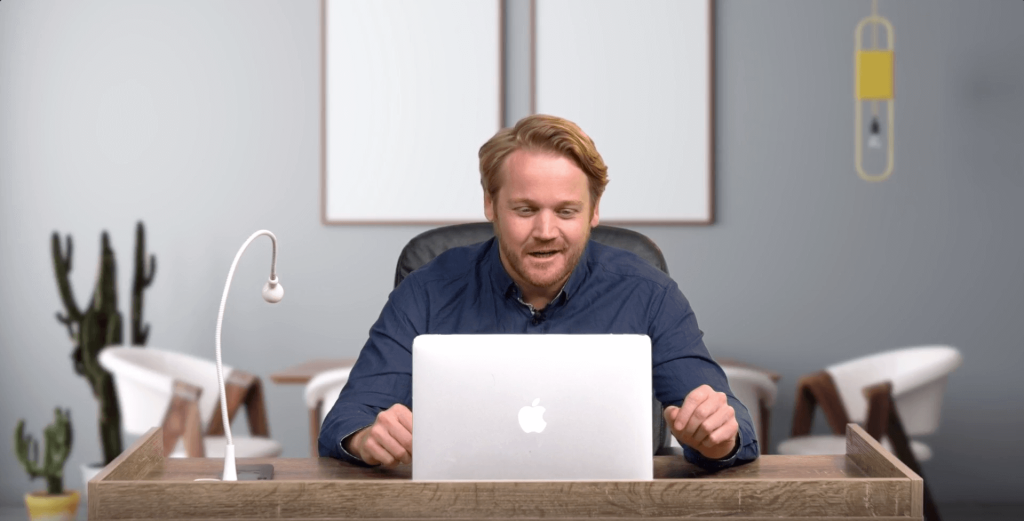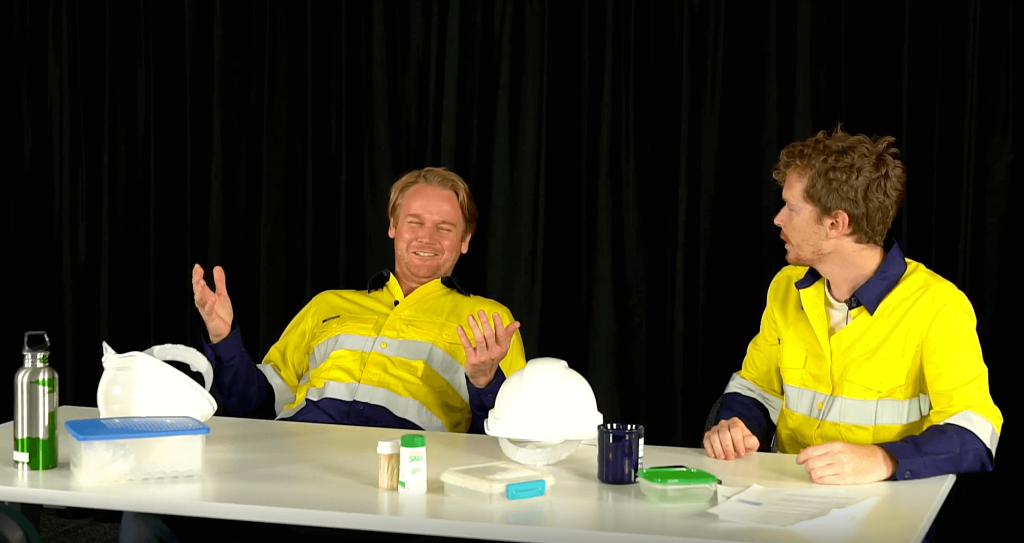Suicide is such a heavy word. It has brought such sadness to the world. Thousands, of lives have been impacted and no-one is immune to it. The word suicide has a way of overpowering people’s hearts. It brings many tears to the families who have lost someone. Despite the pain it causes there is still hope. Community suicide prevention brings hundreds of people in together to provide strength. Suicide prevention can equip the public in knowing how to deal with suicidal ideation and intervene in order to stop unpredictable behavior.
Each day the rate of young people committing suicide is getting higher. This is quite alarming. In Australia suicide is the leading cause of death for 15 to 24-year-olds is suicide and society stigma about mental health does not help.
In order to prevent the epidemic we believe that youth suicide prevention needs to be regularly implemented to stop the rate of suicide deaths that we are experiencing. Although there is a lot to learn in this sector space, there are some signs we can keep an eye out if we are worried about a friend, colleague or loved one.
Below are some risk factors that may impact on someone’s mental and emotional health:
– Losses
– A family history of suicide and/or exposure to suicide
– Physical/sexual abuse
– Impulsivity/aggressive behavior
– Poor coping skills
– Access to ways of harming self
– Traumatic event
What are Some of the Warning Signs?
– Intense sadness and/or hopelessness
– Changes in appetite
– Increased irritability
– Lack of energy
– Risky Behavior
– Giving away personal belongings or possessions
– Inability to concentrate
– Not caring or not having the energy to activities that used to matter
– Social withdrawal from family, friends, sports, and social activities
The above-mentioned warning signs and symptoms are just some suggestions to look out for. Despite them being common themes in emotional distress, there are many case studies that reveal feedback that some people can be suicidal and show no warning signs what so ever.
There is hope. Most recently a comprehensive training method titled Question, Persuade and Refer (QPR) has shown progress as a suicide prevention tool. The method was created from a reoccurring theme that presented in suicide prevention literature. QPR encourages intervening when someone is at risk, it leans on a preventative approach that relays on looking out for people who are experiencing distressed. The method works on the notion that if someone mentions they are suicidal, it is important to be brave enough to talk to them. Here is a helpful link about how to have a conversation with someone who is suicidal.
Youth Suicide Prevention. What Can You Do?
Parents at home can acquire skills to learn how to talk one on one with their child and be empathetic during a time of need.
“The more health relationships a child has, the more likely he will be to recover from trauma and thrive, Relationships are agents of change and the most powerful therapy is human love.” Bruce Perry.
At Mind Blank it is our personal mission in life is educating young people to know:
1) No matter what they are going through, they are not alone.
2) We all need help sometimes. It is ok not to be ok.
Here is a small snippet from Ally Kelly our CEO’s personal diary dedicated to her future children:
“Know that life is full of both unpleasant things and joy in its purest forms. There will be nights of silent cries, days of dreadfulness, and moments of sudden sadness. There will also be tears of joy, days of celebration and moments in life where all you will want to do the happy dance.
In some of the lowest of times you may feel like you have no-one around you who understands. It may even feel like there are no happy memories to hold on to. These are trying moments. They will pass. It may feel like problems kept on coming and nothing gets resolved. Know that these moments will pass too. There are times that will test you. I promise it will get better and there will be joy and peace that will return.
I want to practice waking up knowing that a new day has a chance of bringing new hope. Live life remembering what brings you joys is absolutely worth it. You may find that your brain challenges you with negative thoughts. Know that you are not alone in this, and that these thoughts will only hurt you. If you can’t do it alone there will be people to guide you to challenge these dark thoughts and push through the pain.
One trick if you are feeling down is to remembering that there are people in your life who love you. If this doesn’t work try turning your focus on being grateful for the little things. These can be small reminders of happy moments in life.”
Here is a link to some vital information to help offer support in a time of need. Young people are more sensitive than we may realise. It’s may be hard to remember what it was like when we were children. The adult brain can lack empathy because it is stuck in practical logical problem solving schema’s.
Our young people are the hope of our future. We have to protect them, and guide them to support controlling their own thoughts. Especially if we see sighs that they are not mentally stable.
Suicide Prevention Resources (Hotlines and Other Helpful Information)
Mind Blank is a mental health organisation’s that focuses is on youth suicide prevention. If you are interested in being proactive about mental health and wellness in your community then don’t hesitate to reach out. Together we can help reduce the risk and impact of youth suicide in the community. Suicide prevention can be vital in saving someone’s life!
Below are some helpful suggestions of tactics to help support someone who is struggling:
* Never give up on them – People who have suicidal thoughts are often stubborn. They will always push people away. But no matter how hard they push, don’t give up. If they can’t be strong for themselves then be strong for them. Stand by their side as long as you can. An individual who is going through depression is likely to already know that his/her behavior is self-sabotaging and/or disruptive. Know that he/she is not trying to hurt you. He/she is probably hurting more than you can imagine.
* Listen. – Most of the time people who are suicidal want someone to just listen. Hear their stories and listen wholeheartedly. This gesture can actually make a huge difference to that person. Try to be attentive and not to have an option. Even if you have heard all the story before, try and listen with the perspective with compassion.
* Offer pathways to seek help. – Your local GP is the first point of call for mental health help-seeking. If you are worried about someone, offer to go to the doctor with them. If you are not knowledgeable enough on how to deal with a suicidal person, it is best to follow this tip.
* Offer a cup of tea. – This method is quite old-fashioned, but it’s still a good one. Try to make space to spend time with the person. Do not count the time you have spent with them. Instead, just focus on being in the moment.
* Offer a distraction. – There are a lot of ways to do this. This can be a small gesture like a subtle change in conversation. This can also be a gesture to offer a brief walk outside. Either way, distractions can actually be quite effective to help shift a mood or mental mindset.
* Share self-care tips. – Though you probably don’t have the same situation, sharing how you deal with life can also help. Self-care is any activity that you do to take care of your mental and physical health. According to Reach Out (2016), it can help you feel healthy, relaxed, and make you feel ready to start any activity. This can also be a way for them to feel that there is actually someone that truly cares.
If you or someone you know needs crisis support phone Lifeline the suicide hotline (Australia) on 13 11 14 or Kids Helpline on 1800 55 1800. For information on young people and mental health visit www.headspace.org.au.






